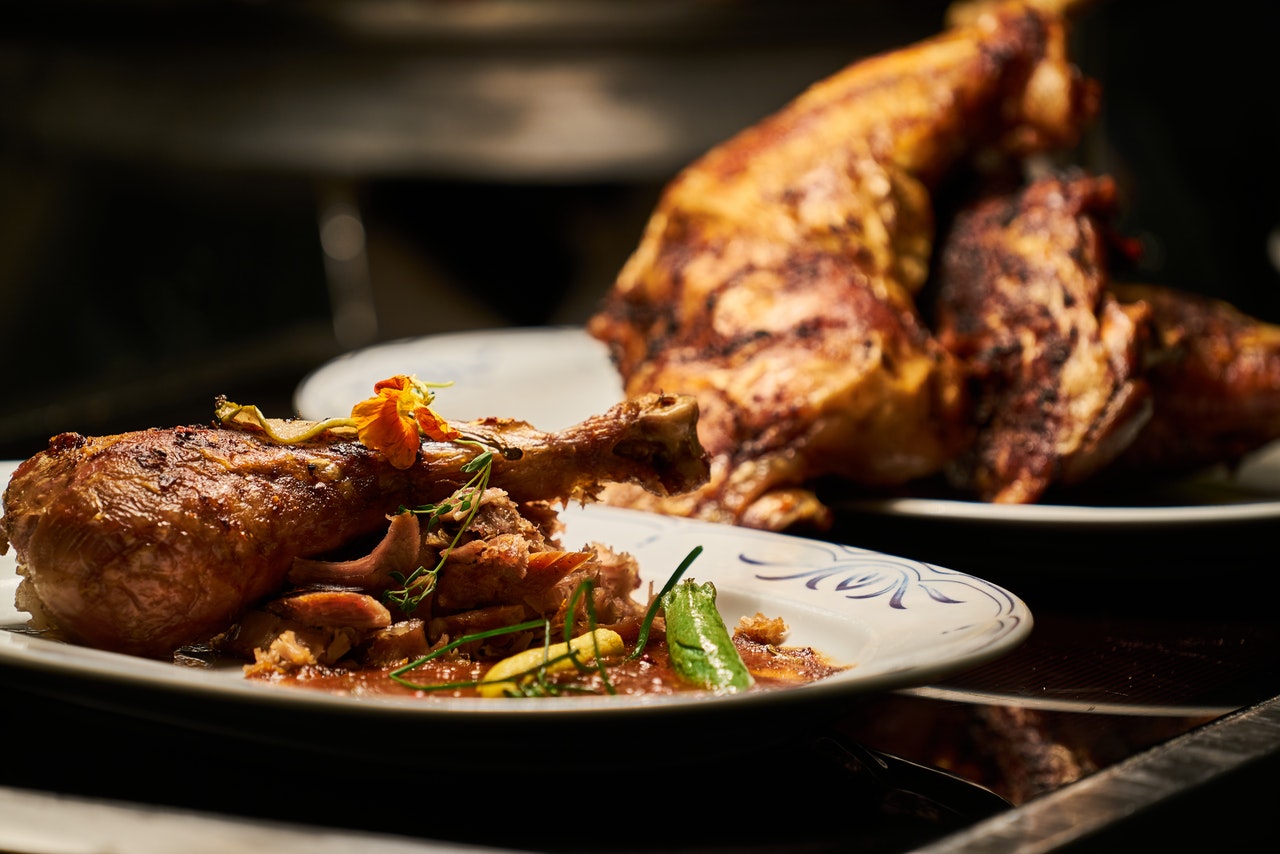Health
HOW TO KEEP YOUR CHICKENS HEALTHY?

Many people foster chickens for eggs and meat. They are low-maintenance pets who require a bare minimum of care. They are content with a free-range lifestyle. Most people who pet chickens are cautious of feeding them.
Like humans, birds require a nutritious meal to become healthy pets. Vegetables, grub worms for chickens, non-sugary cereals, fruits, etc., are excellent. Like every other pet, you have to feed the chickens and ensure they are locked in safe at night. In comparison with other pets, chickens are hassle-free. Grub worms for chicken are high in protein and keep them in check.
TAKING CARE OF CHICKENS
1. Examine them regularly
You must keep an eye on your chickens to ascertain good health. If your chicken is losing too many feathers, it could indicate bullying by the flock. Their walk should also be assessed. If it appears crooked, they are manifestations of lethargy.
Redness in a chicken’s eye is a cause for concern. Typically, they have clear eyes; if you see otherwise, consult a vet. Chickens have an organ known as a crop. This organ is placed in the chest, it is a pouch used to temporarily store food before going to the gut. If it feels abnormally squishy and large, it might suggest a fungal infection called a sour crop.
The owners must also ensure the chicken’s legs and feet are not scaly. Over time, the chickens recognize the owner and establish a friendly relationship. To foster this relationship further, the owner must display affection by hugging the chicken from time to time.
2. Keep their calcium levels in check
It is common for chickens to develop calcium deficiency over time. Oyster grit is calcium-rich and is used by several chicken owners. Eggshells serve as an excellent alternative.
3. Smart coop gadgets are the future.
Chickens eventually become roosters, who wake up in the early hours. It becomes frustrating for the owner to wake up and let them out every day. Therefore, invest in automatic door systems to relish your sleep on those awaited weekends. These gadgets can be pre-timed to open the gates at a particular time.
4. Keep water and shade available during the heatwaves.
Summers can be a daunting time for animals because they reside in open areas. Therefore, you must ensure the availability of ample cold water in the daytime—spray bottles with water and mist their coop. One might also add vegetables like cabbages to hydrate the chickens.
5. Shield them from the cold
Much like humans, animals also suffer the consequences of weather fluctuations. They have to be cared for during winters by providing enough warmth and protection against the cold. You could feed them a warm breakfast and cover their coop.
6. Protect them against the predators
Predators are always lurking to feed chickens. The coop must be sturdy to withstand predators. Never forget to lock the cage.
7. Keep extra food and water overnight.
Because of the automatic unlocking systems, you may not awaken early enough to the chickens. Hence, store extra food and water around their cage the night before to they stay well-nourished. Summers can be especially testing for them and they would need abject hydration.
8. Always collect the eggs laid
You must be observant of when a chicken lays her eggs and withdraw them immediately. Otherwise, they become broodies. They refuse to leave the eggs and sit on them indefinitely, waiting for them to hatch. This can take a toll on the chicken’s well-being.

